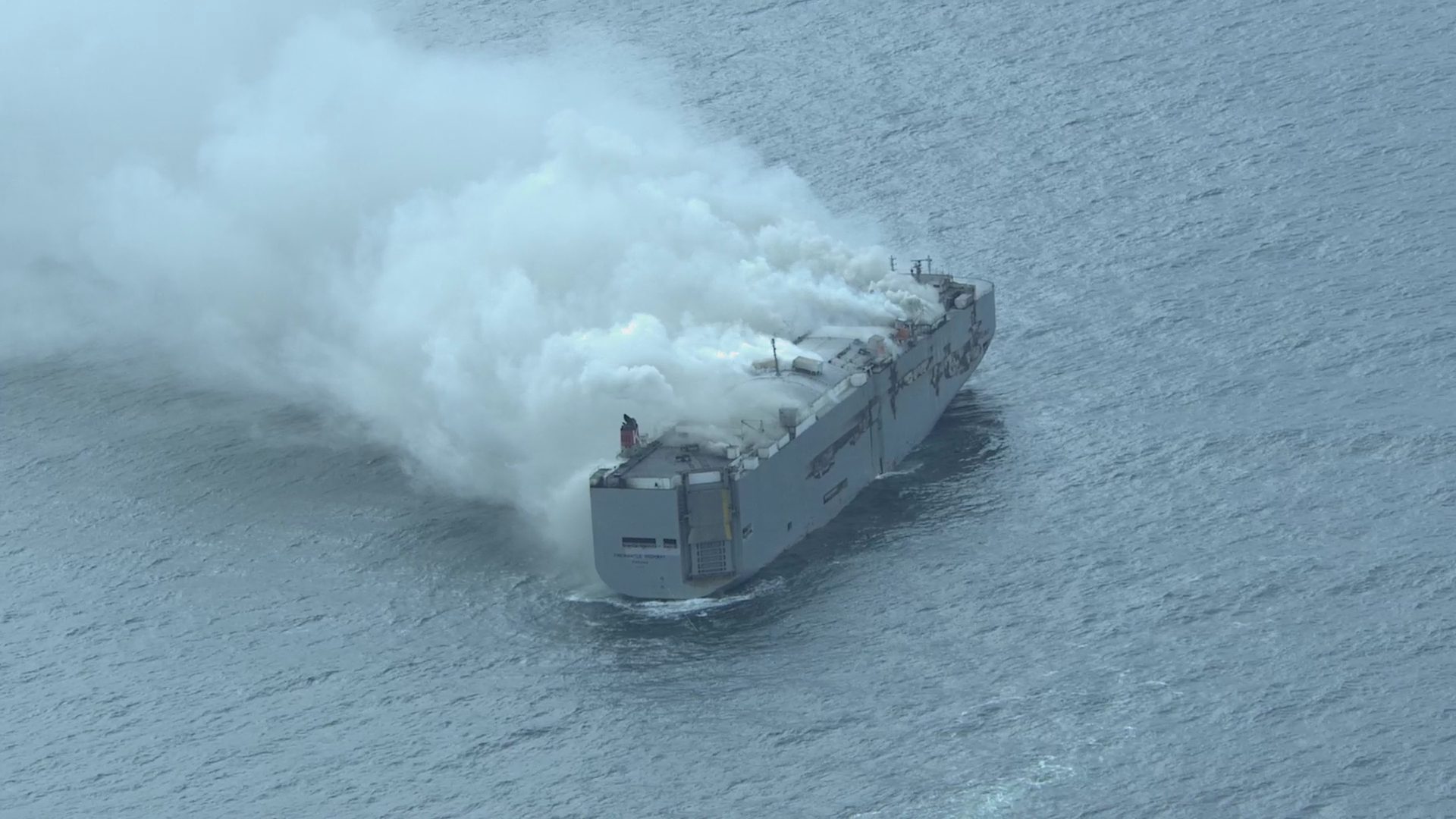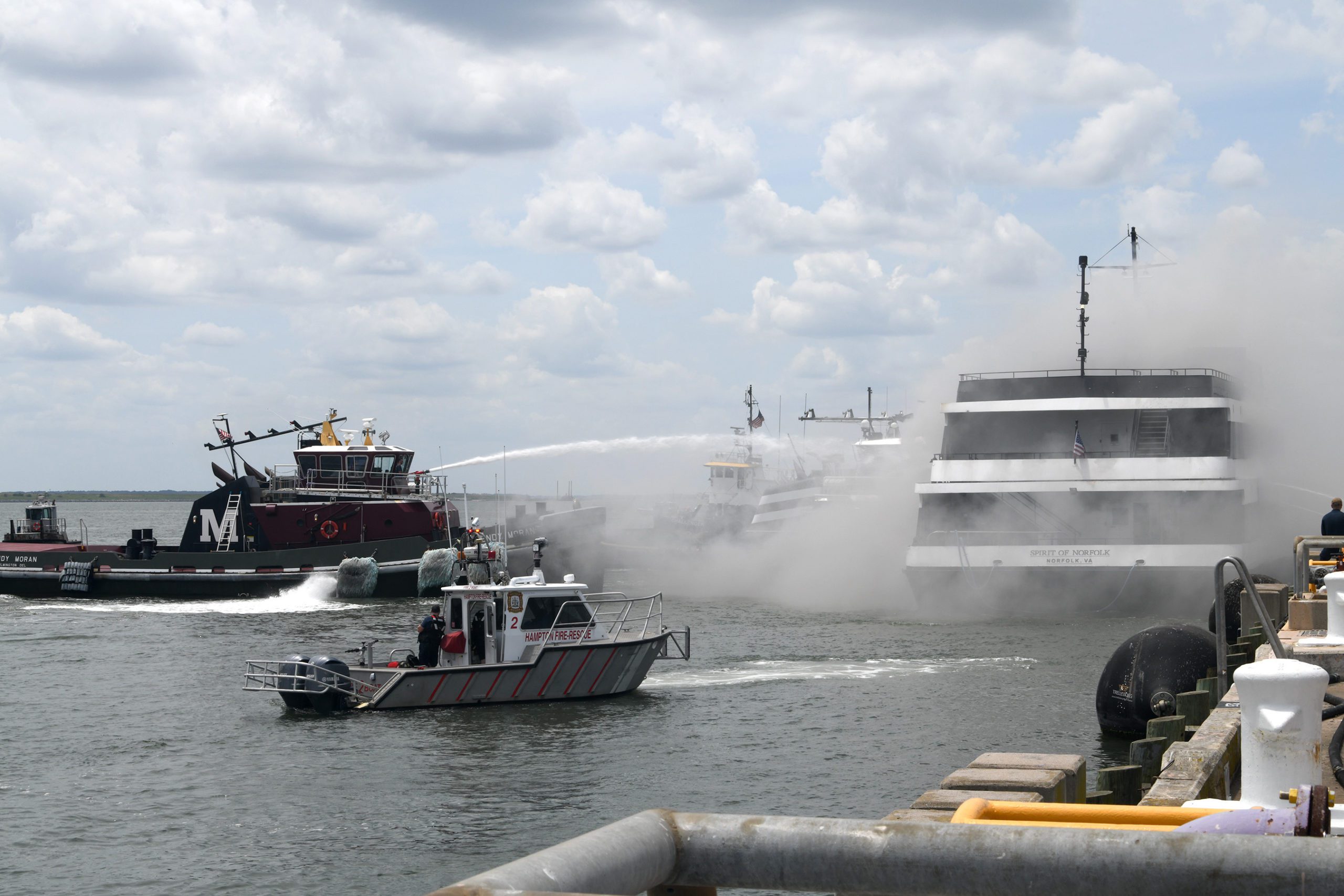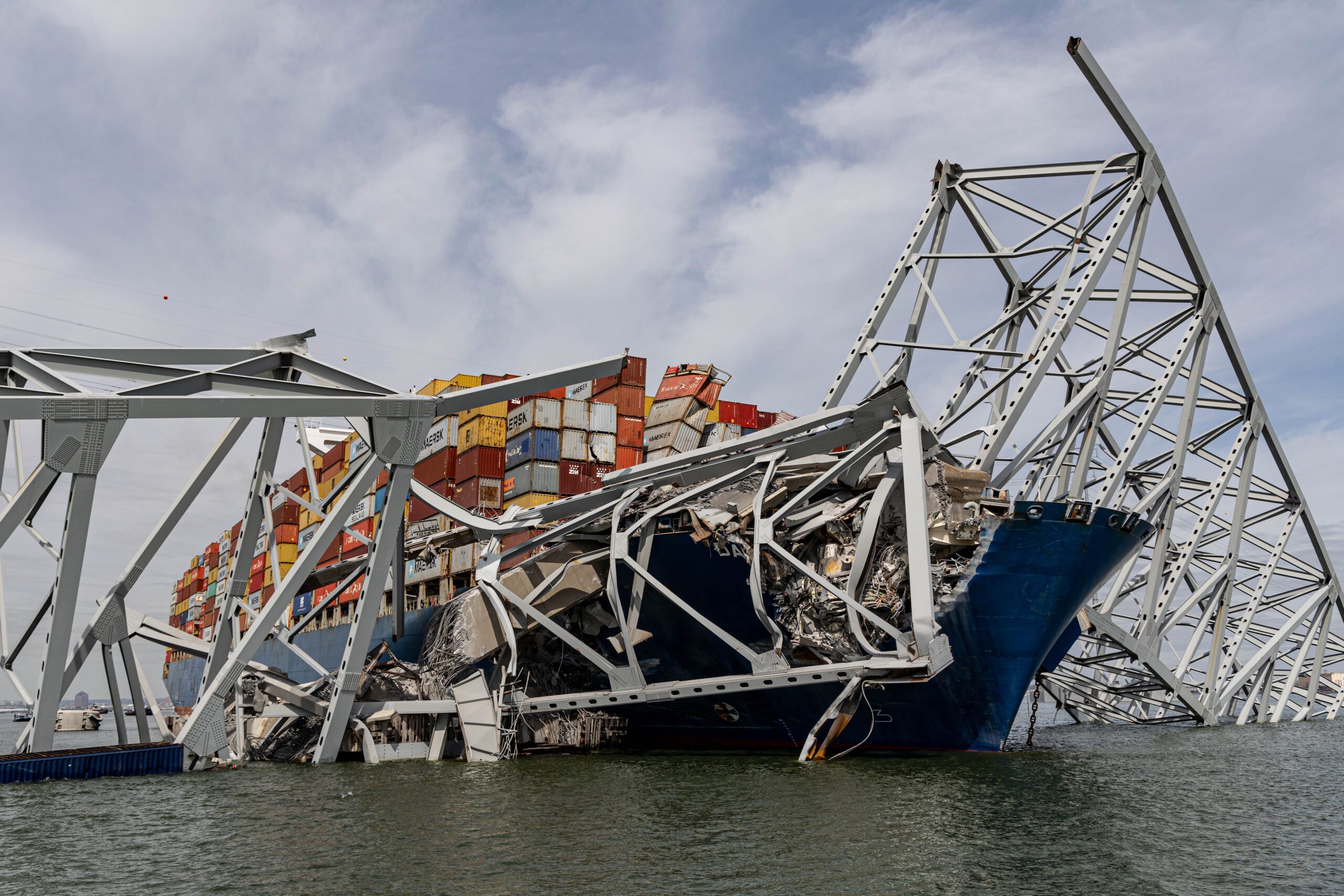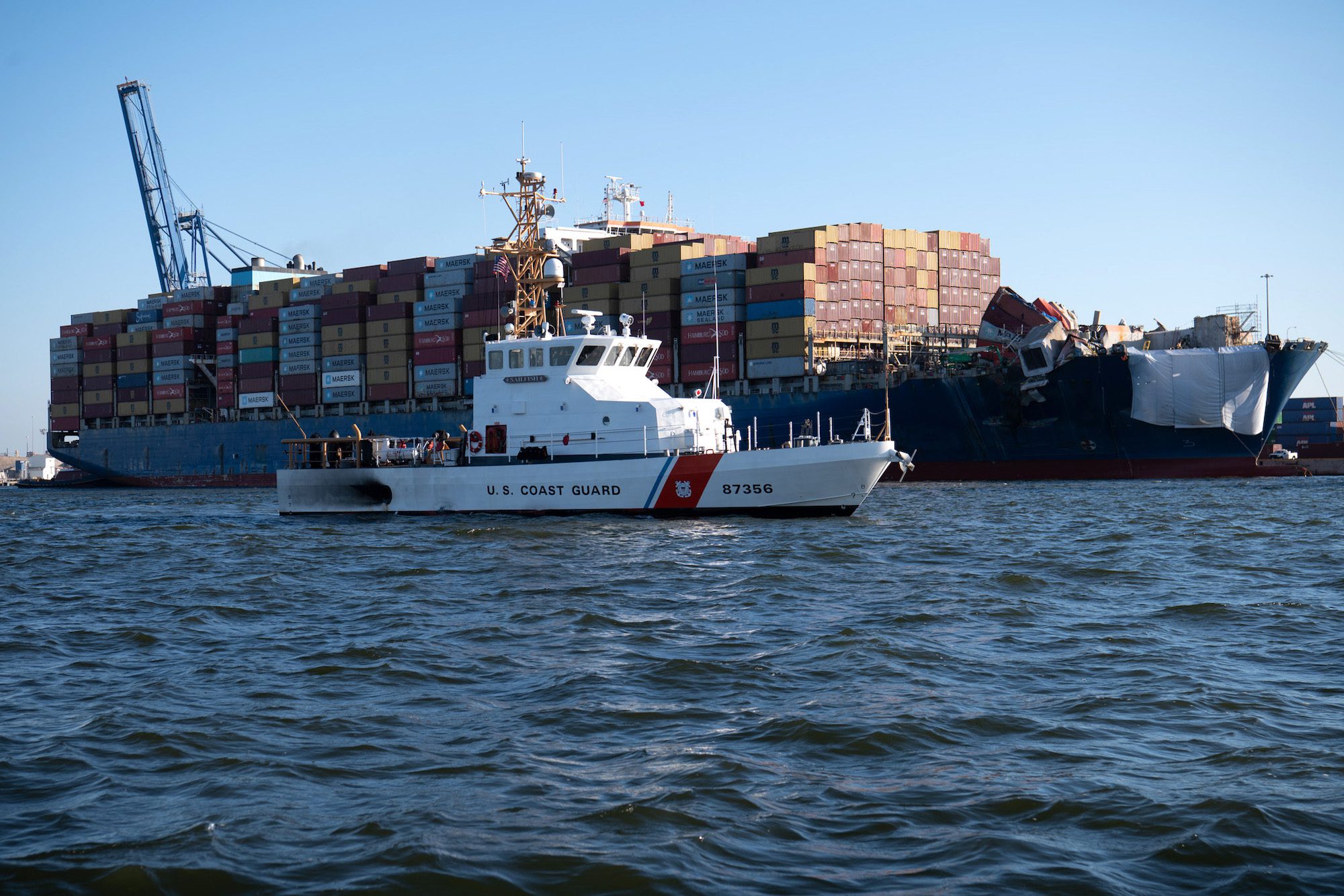The International Union of Marine Insurance (IUMI) has published new recommendations on the safe carriage of electric vehicles (EVs) amid growing concerns within the shipping community, including from marine underwriters, about fires breaking out on car carriers and roll-on/roll-off (RoRo) vessels.
The recommendations, included in a paper titled Best practice & recommendations for the safe carriage of electric vehicles, seek to address widely-held assertions that many of these fires are attributable to electric vehicles, and that fires involving EVs are more dangerous than those involving conventional internal combustion engine vehicle (ICEVs).
“Our paper draws on a body of scientific research which demonstrates that fires in battery EVs are not more dangerous than fires in conventional vehicles, nor are they more frequent,” Lars Lange, IUMI Secretary General. “Although statistics continue to be gathered, they currently estimate that, in general, there are fewer fires from EVs compared with fires from conventional vehicles when driven over the same distance.”
The IUMI is made up of 42 national and marine market insurance and reinsurance associations.
The recommendations come a little more than a month after the Fremantle Highway, a pure car and truck carrier (PCTC) chartered by “K” Line, caught fire off the coast of the Netherlands while transporting some 3,800 new cars, including some 500 EVs. While the cause of the fire is under investigation, there has been speculation that the fire may have started from an EV battery.
While ship fires are a real concern for marine insurers and the shipping industry as a whole, there has never been a fire onboard a roll-on/roll-off vessel or PCTC that has been proven to have been caused by a factory-new EV. According to IUMI, research has shown that there is only a minor difference in the total energy released during an EV fire compared to an ICEV fire, considering vehicles fires are largely fueled by the car body and interior parts. However, EV batteries fires have a potential for thermal runaway, which makes them harder to extinguish and increases the risk of re-ignition. Therefore, mitigation measures such as boundary cooling must be employed rapidly.
In their paper, IUMI also distinguishes between RoRo vessels and pure car and truck carriers (PCTCs), noting that many RoRos store cars on open decks where air flow makes fire-fighting more challenging. RoPax vessels, which carry both passengers and vehicles, present additional issues such as passengers needing to charge their devices onboard and the possibility of loading older and potentially less safe cars. On the other hand, PCTCs typically carry tightly packed vehicles, leaving little room for emergency access and facilitating the rapid spread of fire.
IUMI recommends include early fire detection and verification, drencher and CO2 extinguishing systems, high-expansion foam fire extinguishing systems, clear cargo policies, and permitting charging onboard ropax vessels with relevant risk assessments and control measures.
“The regulatory process will be an opportunity to improve safety requirements making them fit for the new reality of large numbers of alternative fuel vehicles being carried on board vessels,” added Lange. “IUMI will continue to contribute to this debate.”
Beginning in March 2024, the International Maritime Organization’s Sub-Committee on Ship Systems and Equipment (SSE) will start work on the “Evaluation of adequacy of fire protection, detection and extinction arrangements in vehicle, special category and ro-ro spaces in order to reduce the fire risk of ships carrying new energy vehicles.”
Unlock Exclusive Insights Today!
Join the gCaptain Club for curated content, insider opinions, and vibrant community discussions.

 Join The Club
Join The Club













